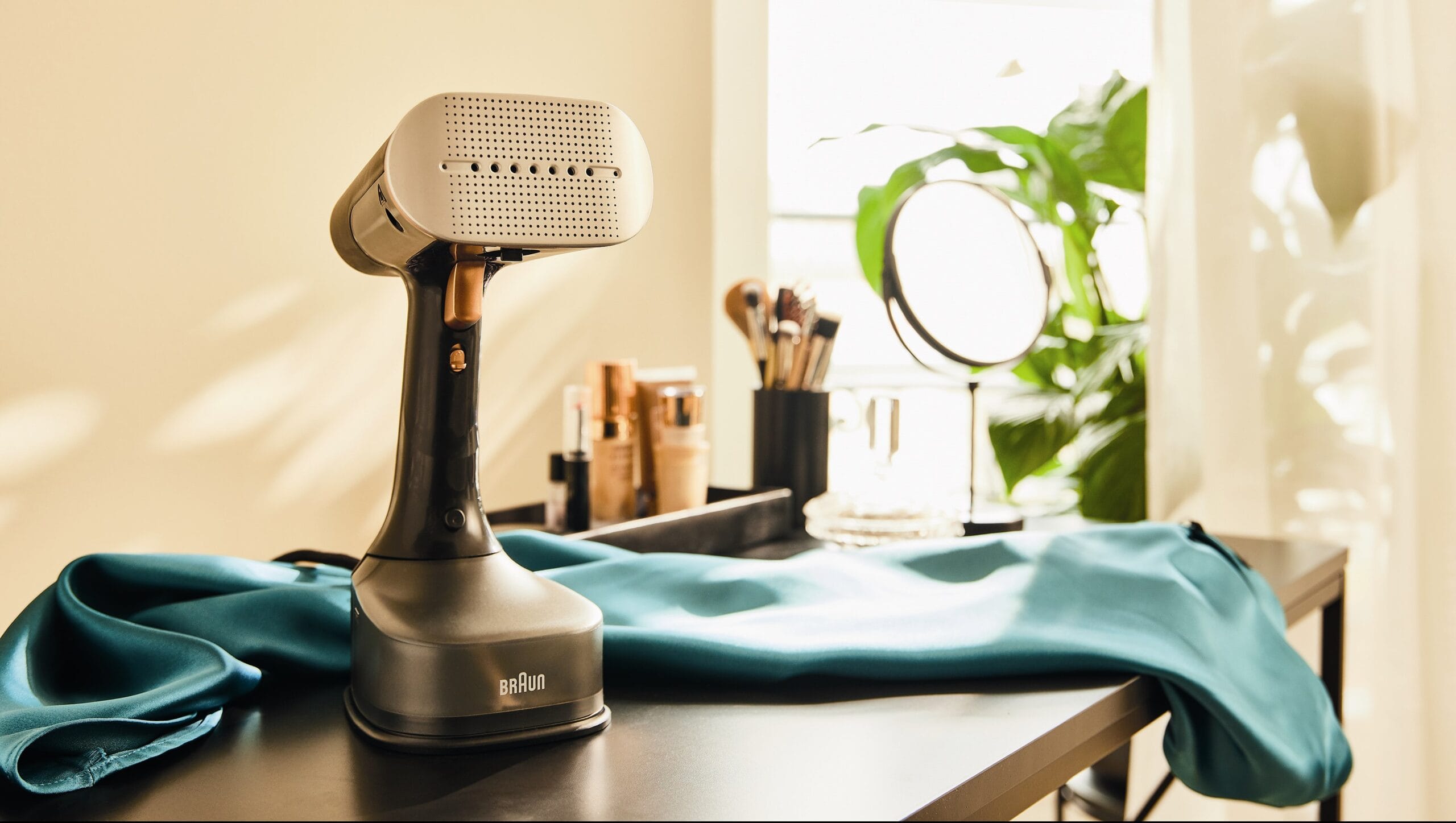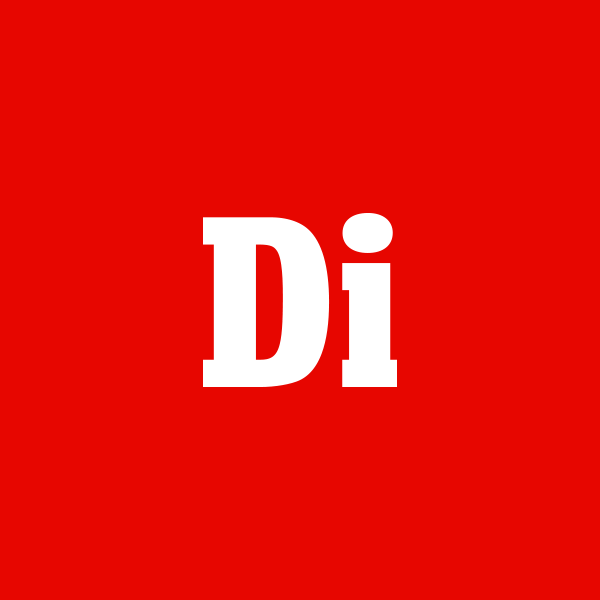The Office Makes a Comeback: The Demand for Flexible, Inspiring, and Smart Workplaces
Flexible meeting spaces, social zones, and smart digital services are now essential components of the modern office, which has evolved far beyond mere desks and chairs.
Hybrid work models are here to stay, redefining the role of the office. However, expectations are high: the workplace of the future must be inspiring, intelligent, and designed to simplify daily routines. This is according to a recent report on the evolving world of work.
Real estate company Humlegården notes a significant interest in well-designed offices in prime locations, which encourage employees to come to work.
“We’ve observed a fundamental shift in the office’s role. Today, it’s a hub for meetings, culture, and development – not just a place to complete tasks,” says Anna Kullendorff, Head of Business Development at Humlegården, which owns the new Origo office property in Solna.
The report, titled “Are You Coming to the Office Today?”, reveals a marked increase in the number of employees working from the office in the past year. The office plays a crucial role as a venue for collaboration, social interaction, development, and leadership. It is also a key factor in recruitment.
Thoughtful Spaces Drive Success
“There are numerous benefits to meeting in person. It provides context, facilitates learning from one another, and 84 percent of people believe the office is the best place for interaction and collaboration with colleagues. With well-designed spaces that effectively meet needs, the office becomes a vital tool for creating successful and well-functioning companies where employees thrive,” says Kullendorff.
She adds that companies are increasingly seeking environments that can be adapted for both creative collaboration and focused individual work. The ability to modify spaces over time is important, as is offering various types of meeting rooms and workspaces. Origo in Solna is an example, combining variety and flexibility with a distinct hotel-like feel. Employees are greeted by lounge areas and other communal spaces such as a gym, restaurant, and rooftop terrace, while functionality and tranquility remain central.
“To ensure the physical environment supports all the different needs one has during a day, variation is key. You need different spaces for creative work, individual work, collaborative work, and focused work. It’s important to size things correctly and ensure access to the functions you need,” says Kullendorff.
The Office – A Holistic Experience
Services that simplify daily life, such as digital booking of conference rooms, catering, and support, are highly prioritized. Many companies also want access to extra services such as gyms, restaurants, and social areas.
“We’re seeing that companies want to offer their employees more than just a workplace. It’s about the overall experience – from technology and service to food and environment.”
“We always recommend that companies conduct a thorough analysis of their needs and involve employees in the process. That’s how you create a workplace that truly works.”
Kullendorff says the office has also become an important part of corporate culture and a tool for attracting and retaining talent. Location is crucial, as is the ability to create an environment where people thrive and develop.
“The physical meeting is still central to building relationships and corporate culture. At the same time, many want access to inspiring environments and services that simplify daily life.”
Seven Current Office Trends:
- Flexible Spaces – Ability to adapt the office for different tasks and teams.
- Digital Services – Seamless booking of meeting rooms, catering, and service via digital platforms.
- Service and Convenience – Access to gyms, restaurants, cafes, and social areas.
- Attractive Location – The office’s location is crucial for attracting and retaining talent.
- Focus on Well-being – Environments that support both productivity and recovery.
- Support for Corporate Culture – The office as a hub for collaboration, innovation, and community.
- Sustainability and Future-Proofing – Spaces that can be adapted to new needs and technological solutions.
Origo
Location:
Röntgenvägen 3, Solna.
Easy to Reach:
Located right next to Sundbyberg C, 10 minutes from T-Centralen by subway, 8 minutes by commuter train, 4 minutes walk to Tvärbanan.
Included in the rent:
- Common reception with Community Manager who welcomes the tenants’ employees and visitors
- Eight common meeting and conference rooms for 3-100 people
- Well-equipped gym with changing rooms
- Common workplaces and lounge in Origo Open Workspace
- 400 square meter roof terrace with orangery
- Access via app with the possibility to book the house’s and restaurant’s services
- Origo Playground with shuffleboard, billiard table and board games
Food and drink:
The house has a café, Bistro Victor, and the rooftop bar Origo Topbar, which can also be used for events
* The report “Are You Coming to the Office Today?” from the Stockholm Chamber of Commerce in collaboration with, among others, Humlegården
This article was produced by Brand Studio in collaboration with Humlegården Fastigheter and is not an article by Dagens Industri.
Enjoyed this post by Thibault Helle? Subscribe for more insights and updates straight from the source.


